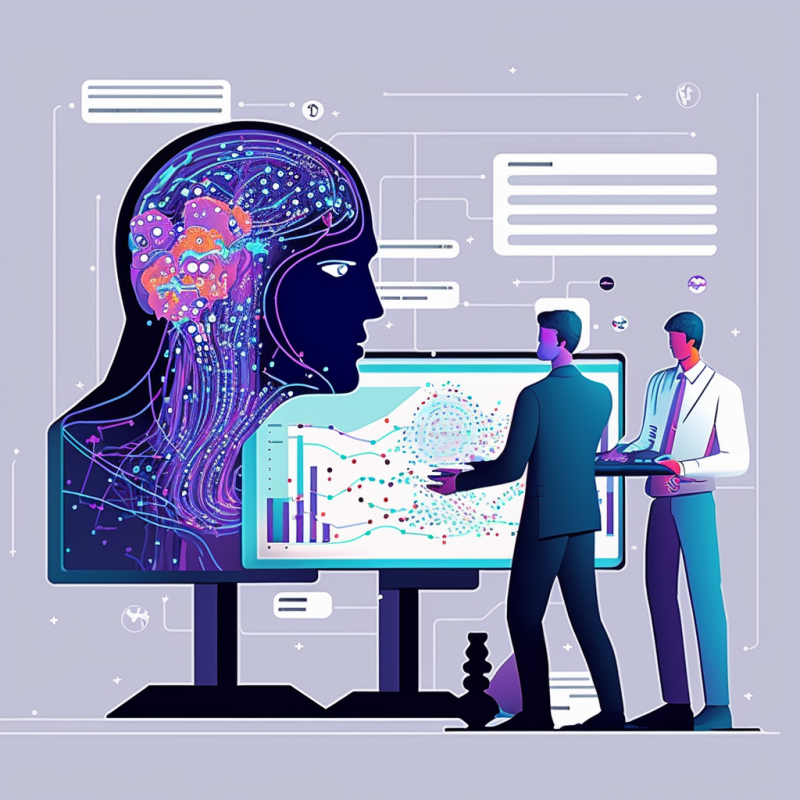TECHNOLOGY
OpenAI Integration

The OpenAI API is a powerful and useful tool that lets you use a wide range of powerful machine learning models. With the OpenAI API, developers can create products, services, and tools that enable humanizing AI experiences, and build applications that extend the power of human language.
OpenAI's GPT (Generative Pre-trained Transformer) is a cutting-edge language processing model that has transformed the field of natural language processing. It has been used in a lot of different things, such as predictive text engines, virtual assistants, and chatbots. OpenAI GPT integration is a powerful tool that companies can use to improve personalization, recommendation engines, and customer service and support.
One of the best things about the GPT model is that it can be fine-tuned for specific tasks by giving it a small amount of data that has been labeled. For example, if you want to use the GPT model for sentiment analysis, you could give it a set of text that has been labeled as positive or negative and then tweak the model to make predictions about new text inputs.
By making use of the OpenAI GPT integration, companies can create and deploy language-based applications that help boost customer engagement and increase customer satisfaction. If you're not sure how you can make use of OpenAI GPT integration for use with your own business, feel free to contact us!
While the GPT model is certainly one of the most powerful and widely-used models in the OpenAI API, there are many other models that developers can use to create AI-powered applications.
DALL-E is a powerful model for making pictures that can make high-quality pictures from text descriptions. For example, you could give the model a prompt like "an armchair in the shape of an avocado," and it would generate an image that matches that description. This has many potential applications in fields like design, architecture, and e-commerce.
OpenAI recently announced Codex, a new language model that can generate code in a variety of programming languages and has been trained on a substantial amount of data. Developers can use Codex to write code more quickly and efficiently, and to automate repetitive tasks like debugging and refactoring. This has the potential to greatly accelerate software development and improve the quality of code.